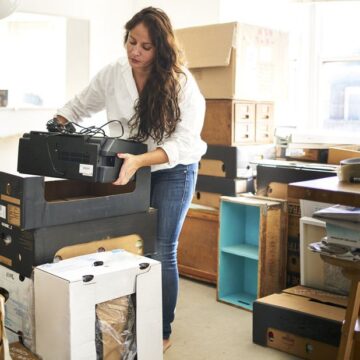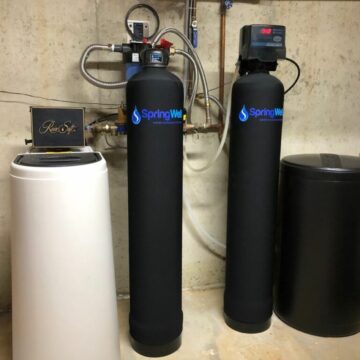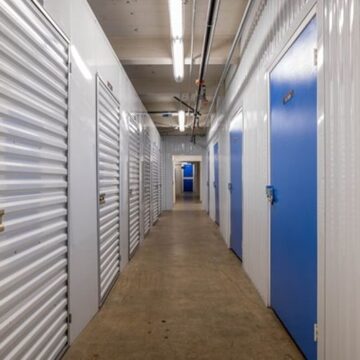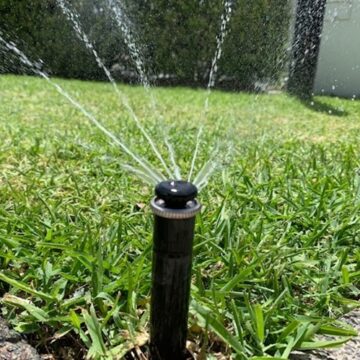With the rising cost of electricity, many people are exploring the option of having a solar system installed.
A solar system can be used for many things, including heating water, heating your home, cooling your home, and even lighting up your house. Solar systems usually consist of solar panels that convert sunlight into electricity and inverters that convert the direct current (DC) electricity produced by the panels into alternating (AC) electricity for use in your home.
Solar energy is clean and renewable, so it’s a great choice if you want to reduce your carbon footprint or save money on utility bills while still being environmentally friendly. In addition to providing free energy from the sun, solar power can also help you lower your monthly utility bill by offsetting some of the cost of powering your home or business with conventional energy sources like electricity from coal-fired power plants or natural gas pipelines.
If you’re planning to install solar energy in your home, you’ll want to work with a contractor. A contractor is a critical member in this process because they are the ones that run the day-to-day operations and quality control, make sure all the deadlines are met, and ensure you have necessary permits.
What is a Solar Energy Contractor?
A solar energy contractor is a person who specializes in installing and maintaining solar panels for homes, businesses, and other buildings.
Solar energy contractors may work for independent companies or may be self-employed. They must have a wide range of skills to do their jobs well. Some of these include electrical knowledge, mechanical knowledge, and the ability to understand complex legal agreements. They also need good communication skills to explain their actions to customers and contractors.
Solar energy contractors design, install and maintain solar power systems for commercial or residential properties. They use their expertise to ensure that the systems function correctly over time. They also check on how much money each system saves its owner over time as well as how much carbon dioxide it prevents from entering Earth’s atmosphere by not using fossil fuels such as coal or natural gas instead of renewable sources like sunlight during production processes instead of fossil fuels such as coal or natural gas instead of renewable sources like sunlight during production processes instead of fossil fuels such as coal or natural gas.
What To Expect When Working With A Solar Energy Contractor
-
A detailed written contract
The contract should explain all the details of what to expect while installing your solar system, including your homeowner’s responsibilities.
-
Obtain all permits
The solar energy contractor is responsible for getting all the permits and inspections required to install your solar system.
-
Scheduling trades or sub-contractors
Like with any type of installation, there are likely to be different groups working together. You’ll have electricians there setting up your system, along with individuals who are installing the panels. The solar contractor is the one that will set up these schedules to make sure everything runs smoothly.
-
Project management and communication
The solar contractor is the site manager, and they make sure they give you updates on the process. Such as after the initial consult, they let you know if you’re a good candidate for solar energy; if so, they’ll schedule your on-site visit to help prepare you for the next steps.
-
Schedule for the project
Our solar energy contractor will provide you with a schedule and make sure all deadlines are met throughout the project. If, for any reason, something unforeseen happens that changes the schedule, they’ll make sure you know as soon as possible.
-
Safety and cleanup
Once all the panels are installed, they will then ensure their team has cleaned up anything used during the installation. They work hard to ensure that your home life is disrupted as little as possible throughout the entire procedure.
-
Notify you when you’re on the grid
The final step of the installation process is when they notify you that the state and the electric company have approved your solar energy system and that you are on the grid.
Hiring a Solar Energy Contractor
Hiring a solar energy contractor can be a daunting task. There are many factors to consider when choosing a contractor, and it is important to choose wisely.
You want to make sure that the solar energy contractor has experience with your particular project. You should also look for contractors who have been in business for at least 5 years and have extensive references. Solar energy projects can be complex, so you want someone who knows what they’re doing.
Solar energy contractors may also offer different services, such as installation, maintenance, and even financing. Make sure you know exactly what you’re getting before signing on the dotted line!
















